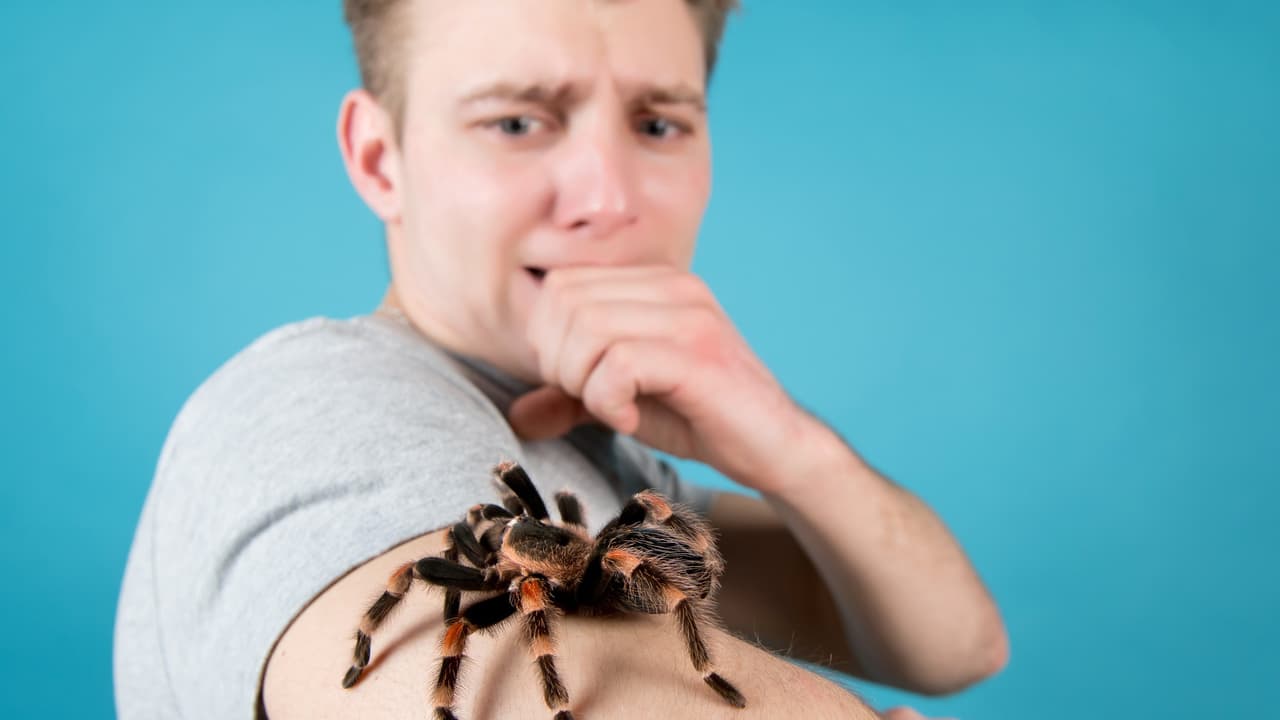Scientists have found the world’s largest spider web inside Sulphur Cave on the Albanian–Greek border — a sprawling 106 m² web housing over 111,000 spiders from two species living in harmony deep underground.
If spiders give you the chills, brace yourself. Scientists have uncovered the world’s largest spider web, a massive silken network housing more than 111,000 spiders inside a mysterious cave on the Albanian–Greek border.
Stretching over 106 square metres (1,140 sq ft), this sprawling web covers the walls of the Sulphur Cave—a low, narrow passage hidden about 50 metres from the entrance.
Two Species, One Web
The tangled mega-web shelters two spider species — the domestic house spider (Tegenaria domestica) and the tiny Prinerigone vagans, which measures just 3mm long. Researchers were stunned to find these species cohabiting peacefully — the first recorded case of such communal behaviour in spiders.
A Scene Straight Out of Fantasy
Resembling Shelob’s lair from The Lord of the Rings, the web is so heavy in places it nearly pulls away from the cave wall. Lead researcher István Urák from Sapientia Hungarian University of Transylvania described the discovery as “a humbling reminder that nature still holds endless surprises.”
Life in the Dark
In the pitch-black cave, normal predator-prey instincts fade. Instead of hunting each other, the spiders survive on non-biting midges that also thrive in the sulphur-rich air. Genetic tests even revealed the cave spiders have evolved differently from their outdoor relatives.
Why It Matters
The discovery not only reveals new insights into adaptation and cooperation but also hints at the hidden biodiversity of extreme environments. As Dr. Urák put it, “Even familiar species can surprise us under extraordinary conditions.”
The Roots of Arachnophobia
Scientists believe our fear of spiders may be hardwired into human DNA — a survival mechanism passed down from our ancestors who faced venomous species in ancient Africa. According to Columbia University’s Joshua New, this instinct likely protected early humans from deadly bites, making arachnophobia one of evolution’s most persistent fears.
